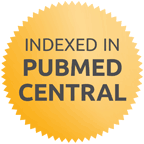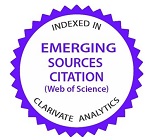Abstract
Evidence-based allergology for the treatment of allergic rhinitis with allergen-specific immunotherapy (AIT) has been used in publications by the companies manufacturing AIT. The purpose of randomized controlled trials (RCTs) is to provide physicians, health authorities, patients, and their families with the best evidence upon which to base treatment decisions. However, some RCT results may do more harm than good because they serve the commercial interests of the companies producing and marketing AIT more than the interests of patients. Allergic rhinitis is a trivial disease that is not life-threatening and is easily controlled by drugs. In this paper, we analyze some of the more controversial points underlying the EBM supporting the use of AIT. The paradox behind RCT-based practice is that AIT is based on the results of incorrectly interpreted RCTs. International scientific societies and drug regulatory bodies should analyze trials more carefully, considering potential conflicts of interest
Recommended Citation
Di Lorenzo, Gabriele; Melluso, Marcello; and Rodolico, Alessandro
(2023)
"What Evidence-Based Medicine (EBM) doesn't say about allergen-specific immunotherapy (AIT),"
Translational Medicine @ UniSa: Vol. 25
:
Iss.
1
, Article 1.
Available at:
https://doi.org/10.37825/2239-9747.1040
Creative Commons License

This work is licensed under a Creative Commons Attribution-Noncommercial-No Derivative Works 4.0 License.
Included in
Health Communication Commons, Life Sciences Commons, Medicine and Health Sciences Commons




